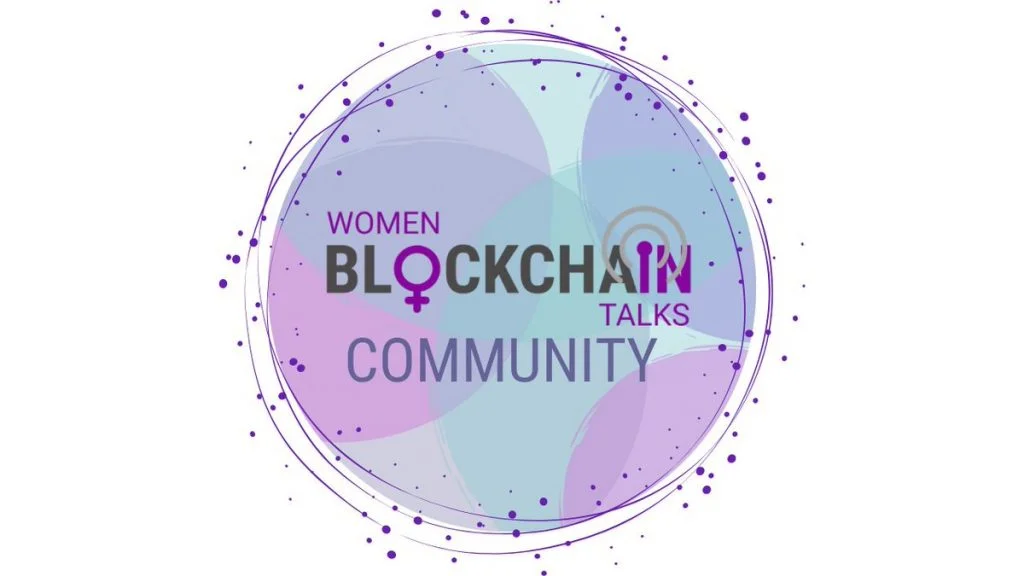Blockchain technology is becoming the rave of the moment and a couple of people believe the system will be of benefit to women, founder and host of Women in Blockchain Talk , Lavinia Osbourne, also thinks the same.

Nonfungible tokens may entice women seeking a way into a male-dominated arena like crypto and blockchain, according to Lavinia Osbourne, founder and host of Women in Blockchain Talks.
Despite the fact that the ongoing pandemic has left many people in many countries in financial distress — whether, through job loss, inability to physically visit banks, or other concerns — Osbourne told Cointelegraph that the event may have pushed many women into crypto and blockchain once they were forced to leave other careers.
She claimed that the current spike in nonfungible tokens, or NFTs, has made crypto “more relatable” to many people in the arts and other creative sectors, citing media attention as an example.
“People look at NFTs and think, ‘It’s weird — I don’t understand the technology,’” Osbourne said. “When they hear all these stories of people making money on NFTs, they want to know how they can become involved. NFTs, in my opinion, are an excellent method to draw individuals into the space.”
Though Osbourne was most likely talking to men and women from all walks of life, the popularity of an NFT project just established by That ’70s Show and Family Guy star Mila Kunis appears to back up her claim.
During the pandemic, the actress took an interest in crypto, which she described as a “very male domain.” She went on to launch the NFT project Stoner Cats, which featured celebrities from Hollywood and the crypto world, including Ethereum co-founder Vitalik Buterin.
The project sold 10,420 NFTs under 35 minutes earlier this week, and the first episode was streamed several days later.
Despite the fact that NFTs were one avenue to access, Osbourne stated that there was still a problem of female underrepresentation in crypto and blockchain companies.
According to the founder of Women in Blockchain Talks, women make up around 34% of those working in the tech business, but only 12% of those working in blockchain.
She advocated bridging the gender divide by launching a campaign “to show women that tech, blockchain, science, and STEM is a space for them.”
“If these women want to have a career that will last, then they need to look at these spaces,” Osbourne added. “It’s always been predominantly male, and there hasn’t been anything to counteract it.”
“If we want to bring in more women, then we need to shine a spotlight on women so that other women can see those other women and feel comfortable to know that this space is for them as well.”
Osbourne and others are striving to recruit 50,000 women into the blockchain industry by 2023 as part of these aims. The campaign invites women to sign up for the program and learn more about the financial and personal benefits of doing so.
On the second anniversary of the Women in Blockchain Talks in September, Cointelegraph’s editor-in-chief Kristina Cornèr will chat with Osbourne.
